Tag: Innovation
What Your Kids (And Teams) Want to Learn


Photo by Annie Spratt on Unsplash
Last week my daughter, Irene, and I prepared for a test. Subject: Spanish. Topic: Types of nouns. As we review — personal and common; abstract and concrete; collective and individual — I wonder what is the purpose of a nine-year-old learning such things.
What do kids want to learn today so they’re ready for tomorrow?
My answers are inspired by what I see great companies doing with their teams.
1. Learn to identify the problem. Irene will quickly jump to answer a question with great enthusiasm. Her answers are creative, logical and related to the topic. Even so, sometimes she’s not answering what is asked but what she assumes the problem is. When a doctor messes up the diagnostic, the treatment might be great, but it is not going to fix the problem.
Learning to identify the problem is the most important skill.
2. Learn where to find answers: When I studied at the Pontifical Biblical Institute in Rome, teachers often asked us to get resources from the library. I knew Anthony and Manoj would go, so I’d wait and make photocopies the next day. This went on for four years. When the time came to do my thesis, I was screwed. To do my research, I needed to go through floors and floors of library, hallways and dark corners. I was lost in a maze of books. Anthony and Manoj finished six months before me.
Kids and teams won’t find answers if they don’t know where to look.
3. Learn to enjoy the process: Growing up in Canada, Mom never told me to do my homework. Teacher sent us stuff to do, yes, but it was always cool and fun. Because it’s impossible to keep up with the amount of knowledge produced…
Either you like learning or you’re in for a long ride of unpleasant experiences.
The present and the future are looking for people who know how to identify problems, and to navigate the seas of knowledge while enjoying the process. How do your kids and teams deal with learning to learn?
Wisdom for Teams #41
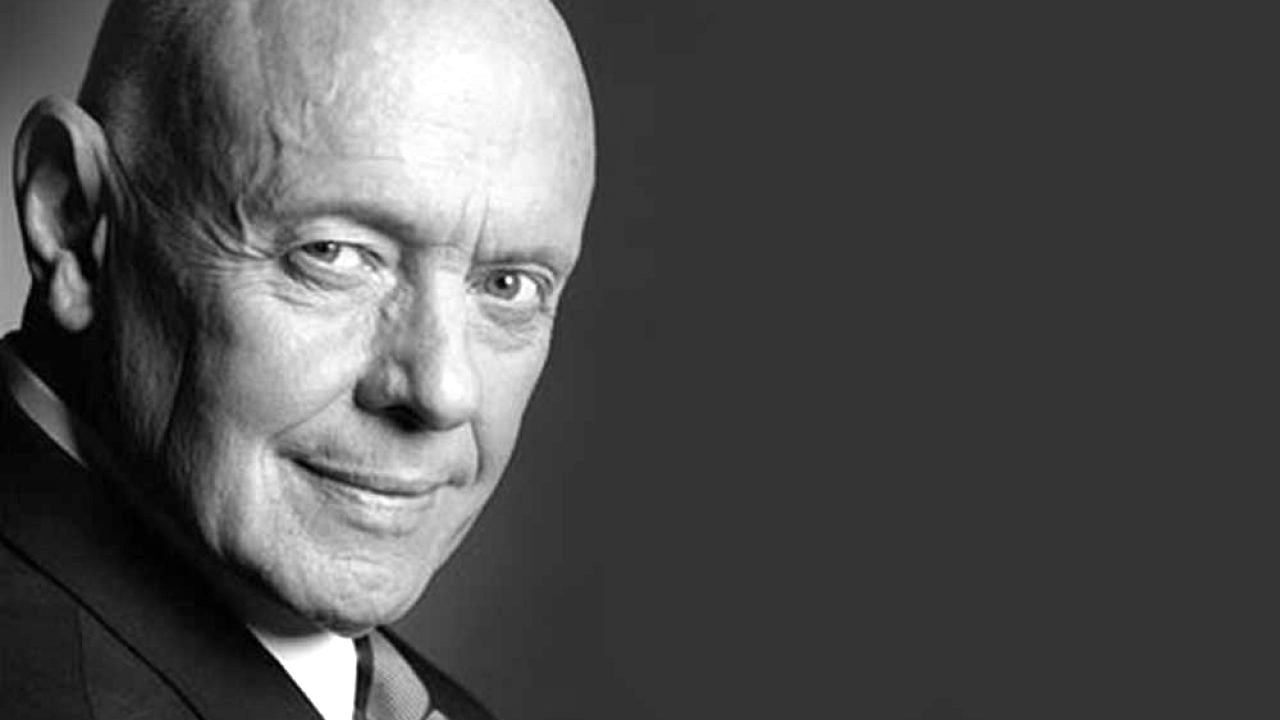

—
Nothing is more exciting and bonding in relationships than creating together.
STEPHEN COVEY (1932-2012), author of The Seven Habits of Highly Effective People
The Ritual Was the Key


He was a farmer, and cows were his thing. He would wake up before the sun, silently. A cup of coffee and a biscuit for breakfast. And he’d set out to the fields. But before he left, he would sit at the doorstep and do the ritual, and the ritual was the key.
His name was Jose Rodrigues and he was my grandfather on my dad’s side. He was born in 1906 on the Island of Saint Michael in the Azores archipelago, nine Portuguese Islands in the middle of the Atlantic. He was born in tough times and fortune did not always smile upon him.
On his first day of school, the teacher punished him and whipped him with a ruler. On his second day of school, he made a hole on the wooden floor. The teacher tripped and fell. And there was never a third day of school.
He never learnt to read or write. At age nine, a load of wood fell off a horse and broke his right leg. He limped the rest of his 80 years. His wife, Evangelina, died of tuberculosis, leaving him with a house stuffed with seven kids. He remarried. Shortly after giving birth, she also passed away. He was accused of homicide and spent a month in jail, then they figured out they had the wrong guy. I could go on. But I think you get it when I say fortune did not always smile upon him.
But Jose was not a bitter man. He was a fulfilled man who lived an exciting and meaningful life. He fathered fifteen children. When fortune did smile upon him, he created enough wealth to live a comfortable life, and travel the world, which was unprecedented in those days on the Islands, especially for a farmer.
But mostly, he was a pioneer, a serial pioneer. For instance, he was the first on the Islands to milk cows twice a day. He didn’t get the idea from a TV show. And like this one, he had many revolutionary ideas. His ritual was the key.
Here goes the ritual. Everyday before he set out to work he would sit at the doorstep of his garage, light a cigarette and ask himself: “How will I achieve more with less effort today?” As he smoked, he thought. Ideas came. Success followed.
Wisdom for Teams #29


—
Concentrate all your thoughts upon the work at hand. The sun’s rays do not burn until brought to a focus.
—
ALEXANDER GRAHAM BELL (1847 – 1922), Scottish-born inventor, scientist, and engineer, credited with inventing and patenting the first practical telephone.
Wisdom for Teams #28
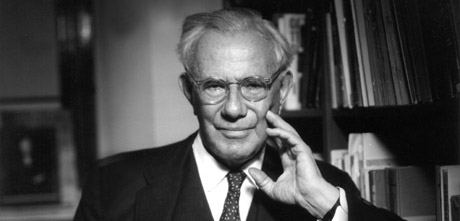

—
The passion for truth is silenced by answers which have the weight of undisputed authority.
—
PAUL TILLICH (1886 – 1965), German-American existentialist philosopher and theologian, widely regarded as one of the most influential theologians of the twentieth century.
Wisdom for Teams #26
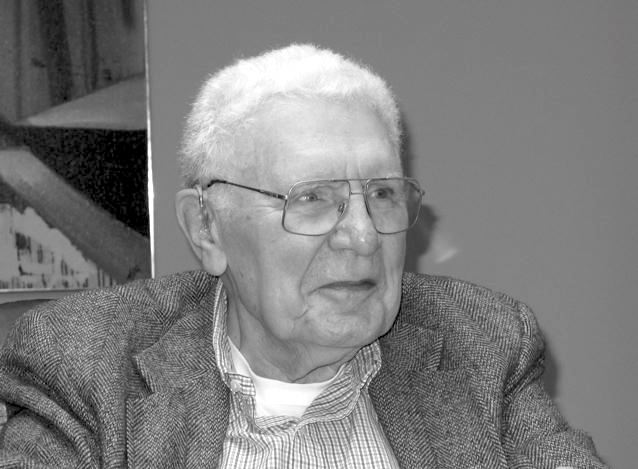

—
People learn more from their own mistakes than from the successes of others.
—
RUSSELL LINCOLN ACKOFF (1919 – 2009), American organizational theorist, consultant, pioneer in the field of operations research, systems thinking and management science.
Wisdom for Teams #21
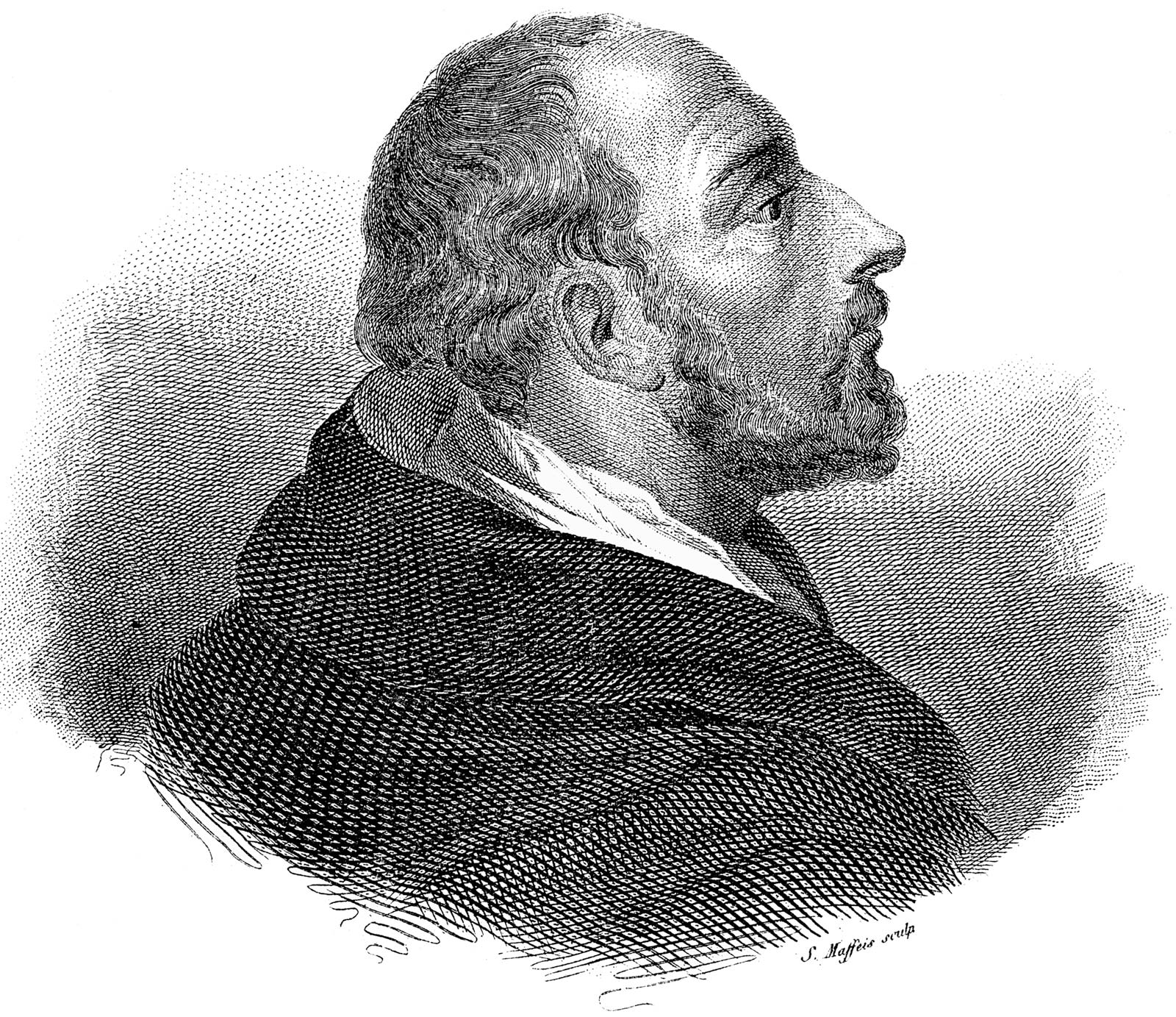
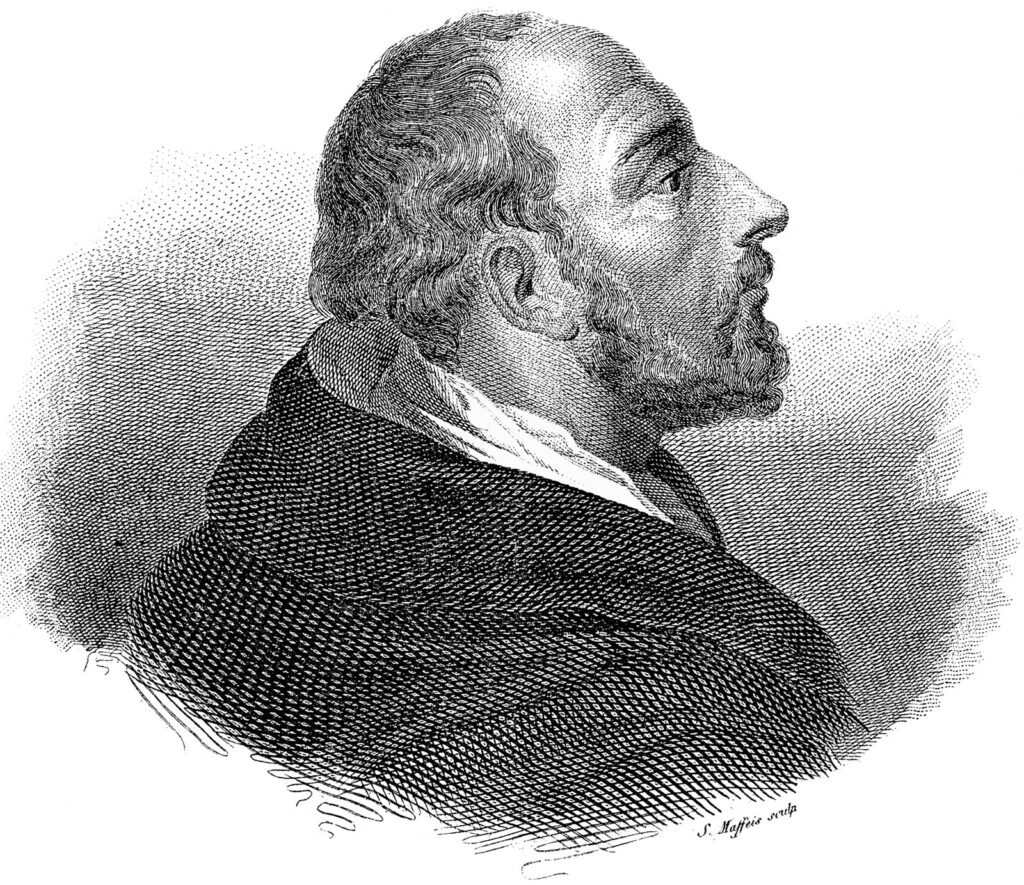
—
“If the highest aim of a captain were to preserve their ship, they would keep it in port forever.”
—
Thomas Aquinas (1225 – 1274), Influential Italian philosopher, theologian, and jurist; a Dominican friar and priest.
Wisdom for Teams #20
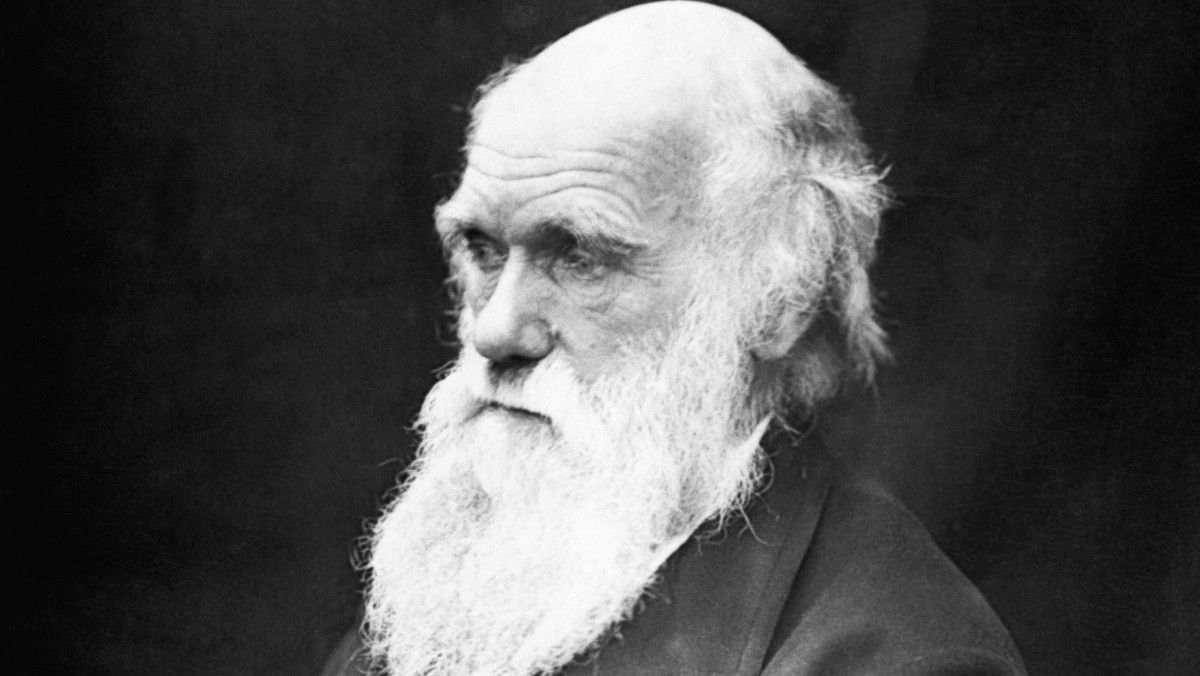
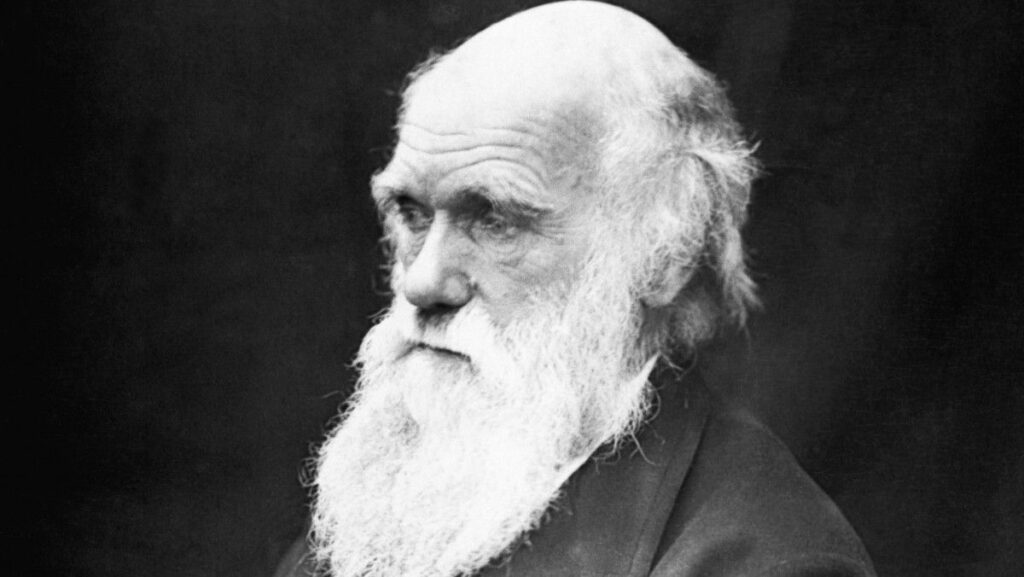
—
“It is the long history of humankind (and animal kind, too) that those who learned to collaborate and improvise most effectively have prevailed.”
—
CHARLES DARWIN (1809 – 1882), English naturalist, geologist and biologist, best known for his contributions to the science of evolution.
Wisdom for Teams #16
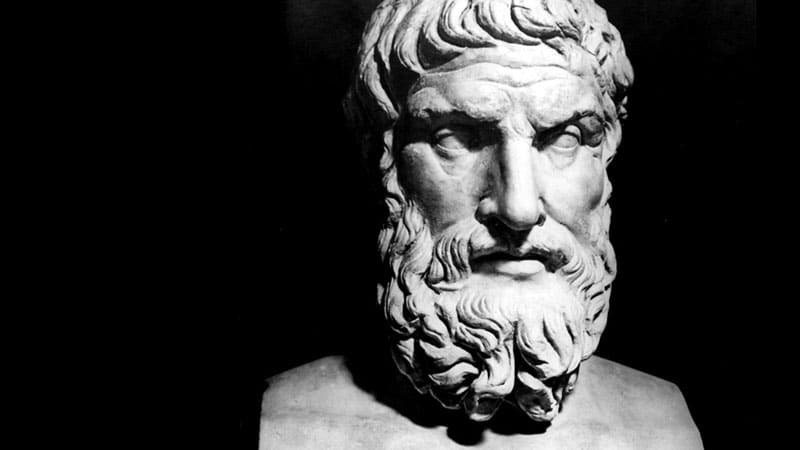

—
“It is impossible for a person to begin to learn what they think they already know.”
—
EPICTETUS (c. 50 – c. 135 CE), Greek Stoic philosopher.
9 Hours of Zoom, Really?

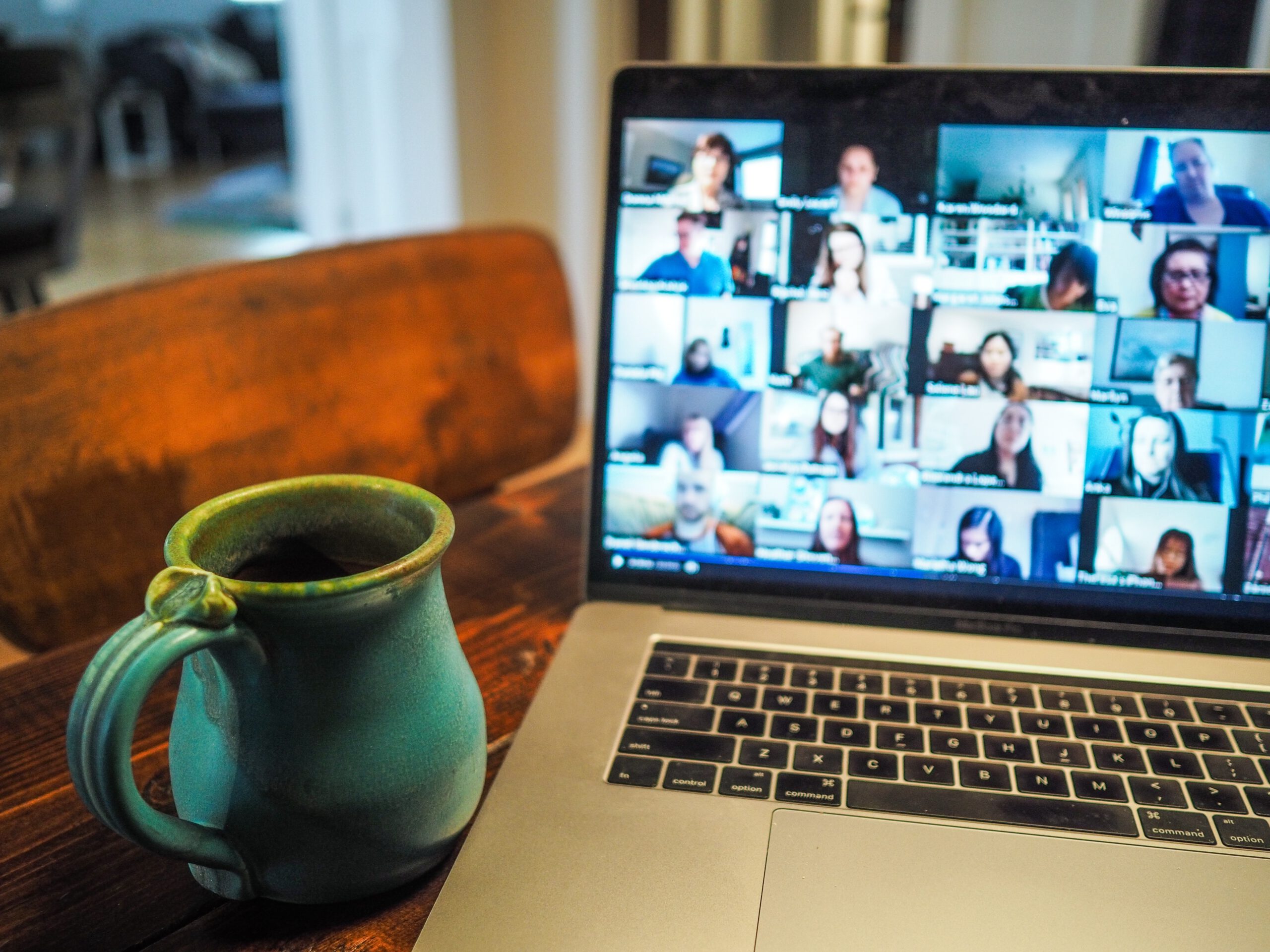
Photo by Chris Montgomery on Unsplash
—
About a month ago, I was catching up with my great friend Milu, when she asked about work. I told her I was super excited with my latest client, the Spanish branch of Westwing, an inspiring European eCommerce in Home & Living. I also told her I was a little scared. They wanted my signature course “From Bummer to Booster: 12 Steps to Become a Badass Team Player”.
I had previously done bits and prices of this online. But this time it was the full version: two days, from nine to six, all on Zoom. What’s more, I’ve been doing this course in person for nine years, so I’ve refined it to the point where — without wanting to toot my horn too much — it’s become a transformational experience.
So, yeah, I was a little concerned about how effective it would be online. Would folks survive these long hours? Would it be worth it? Without even letting me finish, Milu unequivocally asserted: “You’re gonna nail it.” I full heartedly welcomed her encouragement.
Today I’ll conclude the fourth round of this course with Westing. Was it worth it? The outcomes and the feedback allow me to confidently answer: “Hell Yeah!” It would not have been possible without the outstanding vibe that Westwing has (btw their products are also outstanding!).
Conclusion: If you’d asked me a year ago if my workshops would work online, I’d say no way. Today they all happen online. There is still much to learn and refine but it is nice to see the magic of transformation also happening online.

